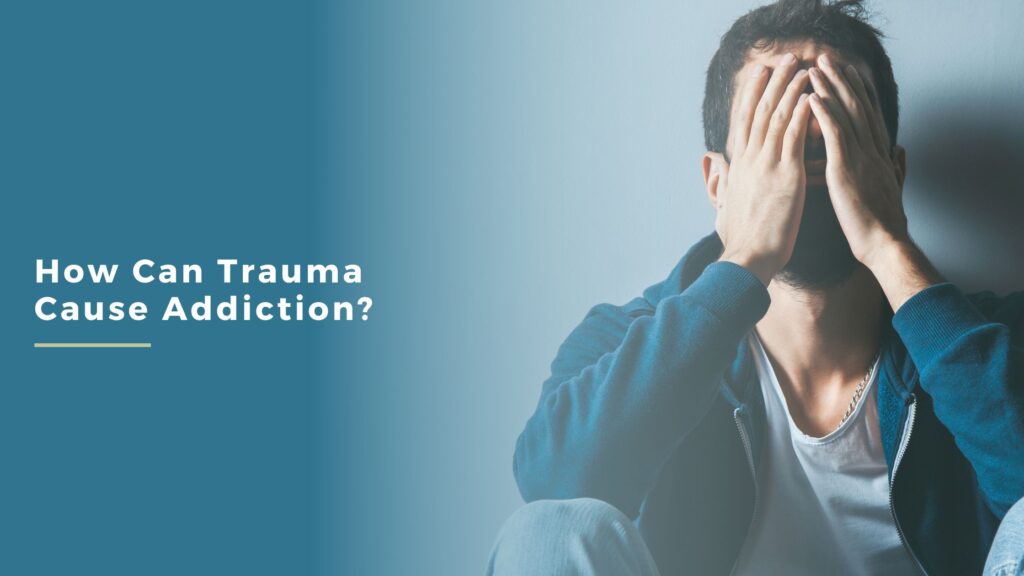How to Increase Mental Health with Recovery

In today’s fast-paced world, How to Increase Mental Health is a question that demands immediate attention, especially when dealing with substance abuse and addiction recovery. At we recognize that addiction is not just a physical dependence on substances but a deep-rooted mental and emotional battle. Understanding How to Increase Mental Health is essential to creating rehabilitation programs that not only work but sustain recovery long-term.
For anyone searching for a reliable solution, especially those looking for a trusted deaddiction centre in Dehradun
, it’s important to understand what truly makes a drug rehabilitation program effective for the long haul. In this article, we will dive deep into proven strategies to answer How to Increase Mental Health while overcoming addiction.
Personalized Treatment Approach
The foundation of any successful rehabilitation program lies in personalization. Everyone’s struggle is different, and learning How to Increase Mental Health starts by addressing each individual’s specific needs. A personalized treatment plan identifies not just the substance abuse problem but also co-occurring mental health issues, trauma histories, and social environments.
By focusing on How to Increase Mental Health, tailored therapies are introduced, helping individuals rebuild their lives in a healthier, more resilient manner.
Medical Detoxification with Psychological Support
Detox is the critical first step, but without proper psychological support, relapse is almost certain. A medically supervised detox ensures that patients are safe while their bodies rid themselves of harmful substances. However, understanding How to Increase Mental Health during this vulnerable period is what makes a real difference.
Programs at a leading deaddiction centre in Dehradun combine detox with counseling, ensuring that individuals are mentally prepared for the journey ahead.

Evidence-Based Behavioral Therapies
To truly address How to Increase Mental Health, rehabilitation programs must rely on evidence-based therapies. Techniques such as Cognitive Behavioral Therapy (CBT), Dialectical Behavior Therapy (DBT), and Motivational Interviewing reshape negative thought patterns and teach coping mechanisms.
In every session, the goal remains the same: focus on How to Increase Mental Health so that individuals can manage life’s stressors without resorting to substance use.
Dual Diagnosis Treatment
Many people battling addiction also suffer from mental health disorders like depression, anxiety, or PTSD. Ignoring this duality would render any rehabilitation program incomplete. The solution lies in integrated treatment plans that simultaneously address both addiction and mental health.
Learning How to Increase Mental Health when dual diagnosis is present becomes the core strategy to promote long-term sobriety and stability.

Community and Peer Support Programs
An often underestimated element of recovery is community support. Being part of a group that shares the same struggles and victories greatly reinforces positive behavior. Participating in peer-led support groups ensures continuous emotional reinforcement and helps answer How to Increase Mental Health through social connectedness.
Programs affiliated with a credible deaddiction centre in Dehradun ensure that such support continues long after formal treatment ends.
Family Therapy and Involvement
Addiction does not only affect the individual; it impacts the entire family. Family therapy sessions help rebuild broken relationships, educate loved ones about addiction, and provide collective healing. Involving family is crucial for answering How to Increase Mental Health not just for the recovering individual but for the entire support system that surrounds them.
Holistic Healing Techniques
Modern rehabilitation programs integrate holistic therapies such as yoga, meditation, art therapy, and nutritional counseling. These techniques offer alternative ways to discover How to Increase Mental Health naturally.
Yoga and meditation, in particular, help rewire the brain, improve emotional regulation, and instill a sense of inner peace, crucial for a lifetime of sobriety.
Vocational Training and Life Skills Development
A critical but sometimes overlooked factor in maintaining sobriety is the ability to reintegrate into society with confidence. Vocational training programs and life skills workshops teach recovering individuals how to maintain employment, budget finances, and manage time effectively. These life skills are directly tied to How to Increase Mental Health by promoting independence and self-esteem.
Long-Term Aftercare and Monitoring
Completing a rehabilitation program is just the beginning. Long-term success depends heavily on structured aftercare, continuous therapy sessions, sober living arrangements, and regular monitoring.
Each of these steps is geared toward continuously finding ways for the individual to understand How to Increase Mental Health daily and to minimize the risk of relapse.
Top programs, like those associated with a premier deaddiction centre in Dehradun, emphasize aftercare as a non-negotiable component of their success strategy.
Rehabilitation is not a destination but a lifelong journey. Programs that truly work long-term are those that consistently focus on teaching How to Increase Mental Health through personalized care, evidence-based therapies, family support, holistic methods, and long-term aftercare.
At Prayas Sewa Samiti, we are committed to providing a nurturing environment where recovery becomes a reality, not just a hope. Whether you or a loved one is seeking help, remember, choosing the right path now can transform lives forever. If you are searching for a trusted deaddiction centre in Dehradun we are here to support you every step of the way. Prioritize your mental health, choose recovery, and embrace a future full of possibilities.
One thought on “How to Increase Mental Health with Recovery”